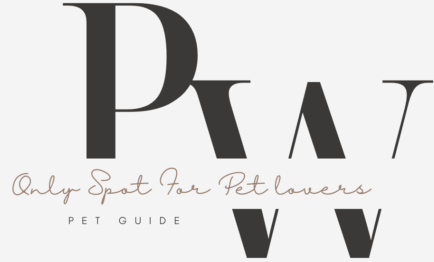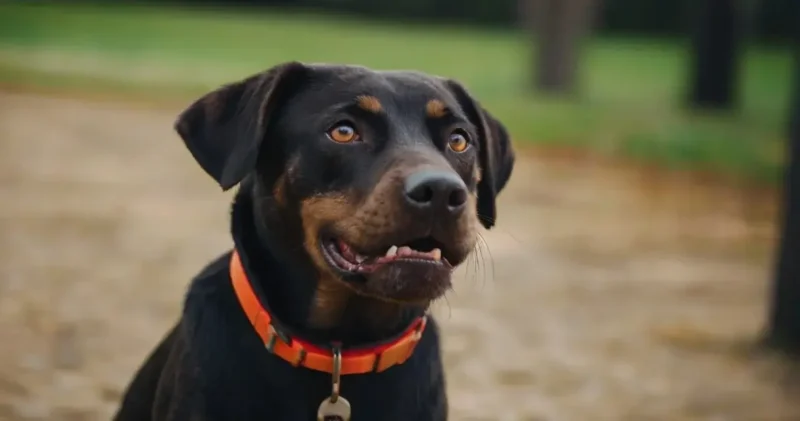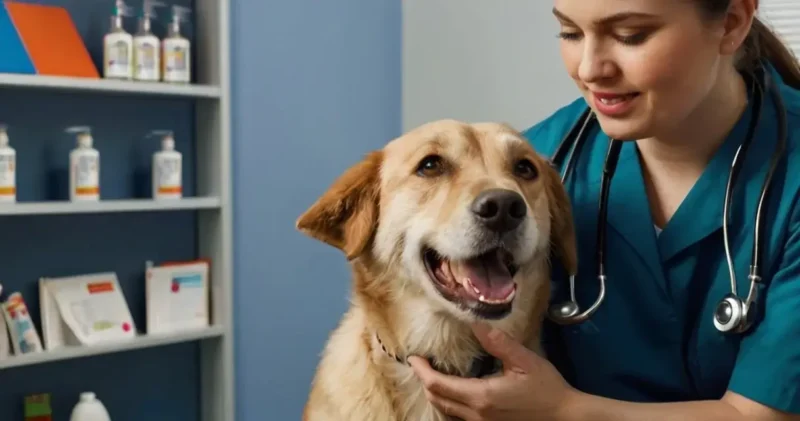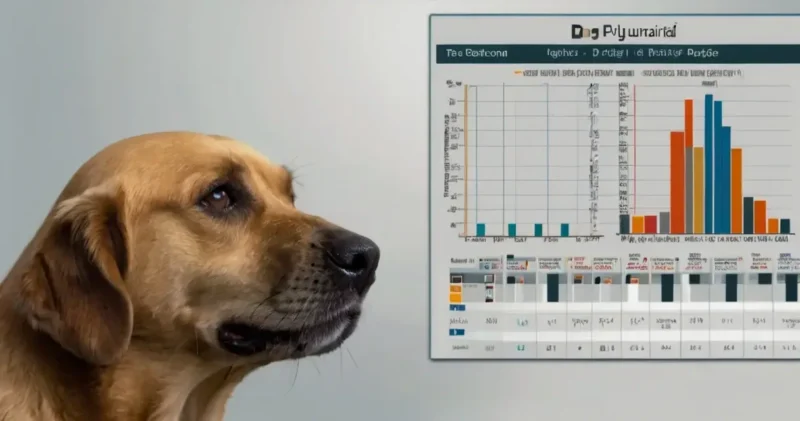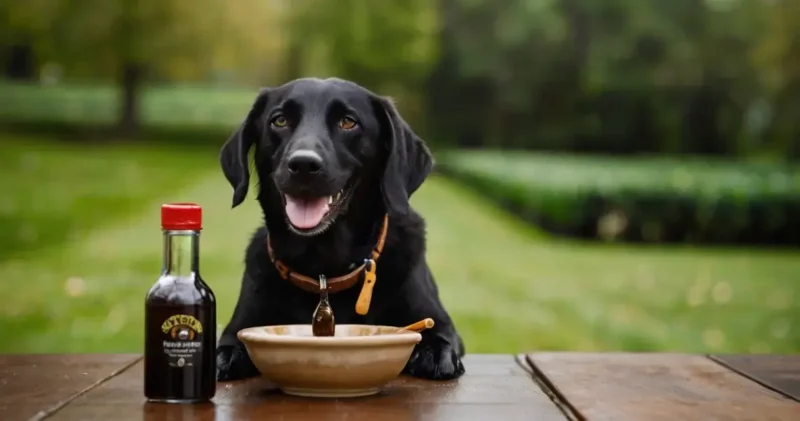
It’s human nature, we love sweet and smoky meals. In most dishes, balsamic vinegar is drizzled over food to give sweet and smoky taste. Many of us often share our meals with dogs without even researching either the ingredients are safe for our canine fellow or not.
Can dogs eat balsamic vinegar? Off-course not. It triggers multiple health issues and triggers unusual behavior in dogs. Here in this article, we have discussed all pros and cons of feeding your dog with balsamic vinegar.
Can Dogs Have Balsamic Vinegar?
Vinegar is something used in every house and almost consumed on daily basis. They do possess many potential health benefits for humans. It helps in boosting metabolism and maintains body’s weight. There are many beauty benefits of vinegar for humans too. However, it’s a concern for people like me who own canines that either it is suitable for dog or not.
The sour taste of vinegar may trigger irritation and vomiting in dogs. Their digestive system cannot digest it. Vinegar is something rich in acidity which can be really toxic to dogs. Yes, they do possess health benefits for dogs but there are potential risks and limited benefits of feeding balsamic vinegar to dogs. It’s a superstition that using vinegar for dogs improves their digestion, flea control, which is not valid on scientific grounds.

What is Balsamic Vinegar?
Balsamic vinegar is known for its dark color and sweet flavor. This is originated from Italy. It is important to note that there are various types of balsamic vinegar. These types differ in quality, prices and flavor. Remaining details are mentioned on bottle. Traditional, aged balsamic vinegar is often more expensive and used in small quantities, while commercial balsamic vinegar is suitable for everyday culinary uses.
- We consume balsamic vinegar for multiple purposes on daily basis.
- Many of drizzle it on our salad to give it a fine taste.
- Multiple meat and vegetables comprise balsamic vinegar as their core ingredient.
- Balsamic vinegar’s sweet and tangy notes can be used to enhance the flavor of desserts.
- Further they are used in sandwiches, wraps and other snacks to make them delicious.
- Balsamic vinegar can be used as a dipping sauce for fresh fruit, especially strawberries, melon, and figs.
It is better to keep our canine friends away from the dishes in which balsamic vinegar is used to avoid any future hassle.
To buy balsamic vinegar at the cheapest rates, you can visit the link below or click at the image below:

Ingredients Used in Balsamic Vinegar
Since here are two main categories of balsamic vinegar. One is traditional kind and other commonly used in commercial kind. Both of them differ in ingredients.
The traditional balsamic vinegar, known as “Aceto Balsamico Tradizionale,” is comprised of freshly crushed grapes juice. This kind of balsamic vinegar undergoes a lengthy aging process without any additives.
The commercial balsamic vinegar contain more ingredients than the freshly crushed grapes juice. However, the main ingredient is still grapes juice. Other additive are listed below.
| SR.NO | INGREDIENTS | PURPOSE |
|---|---|---|
| 1. | Grape must | It is used to sweeten and thicken the vinegar. |
| 2. | Wine vinegar | Wine vinegar is added to make it more acidic. |
| 3. | Caramel | Caramel, often in the form of caramelized sugar, is sometimes added to commercial balsamic vinegar to achieve the dark color and sweet taste. |
| 4. | Sulfites | Sulfites are like tiny chemicals added to balsamic vinegar to make it last longer on the shelf and not go bad quickly. |
Both traditional and commercial balsamic vinegar can make dogs sick. It’s not a good idea to give them any kind of vinegar because the vinegar’s acidity can upset their stomach and cause health problems.
How is Balsamic Vinegar Processed?
To check either t is suitable for your dog or not, your concern might be the process through which it is prepared. Balsamic vinegar is made through following processes.
- At the very first stage, the grapes are crushed to extract their juice. Trebbiano and lambrusco are commonly used grapes.
- After the juice is extracted, it is cooked. This process is known as reduction. This gives it a sweet taste and caramelizes the sugar present.
- Once the grape juice is heated, it naturally changes with the help of tiny organisms called yeasts. These yeasts change the sugars in the juice into a substance called alcohol. This process is referred as fermentation.
- Once it is free from all above processes, it is transferred into wooden barrels. This process is known as aging which can even last for decades. During this process, it absorbs flavor from wood, gets thick which results in more viscous consistency.
- The last stage it passes through is blending. It helps achieving the ideal flavor.
The above bullets explain the production of balsamic vinegar from very initial stage till the last step after which it is packaged into bottles and sent to market for trade.
Can Dogs Eat Balsamic Vinegar?
Just like some other human foods which cannot be fed to dogs, balsamic vinegar is also the one which is not good for dogs. It contains toxic ingredients and its acidity can trigger multiple gastrointestinal issues and other weaknesses in dogs. To have a closer look on its negative impacts, here the impacts of its core ingredients on dogs are mentioned.
Red Wine is Toxic for Dogs
Since dogs are much more sensitive to alcohol than humans, it can be much harmful for them. Ethanol, found in red wine, it can cause severe digestion issues. red wine contains other compounds like grapes, which are known to be toxic to dogs.
The high acidity in red wine can cause:
- Breathing difficulties
- Vomiting
- Diarrhea
- Coma
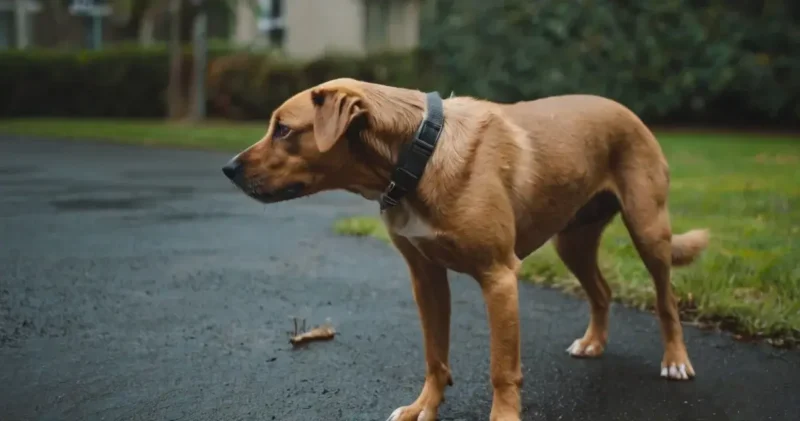
Grape Must is Harmful for Dogs
Grapes and its products including grape must is highly toxic for dogs. However, the exact reason for its toxicity is not derived yet. To ensure a dog’s safety, it is essential to avoid feeding them any eatable containing grapes i.e. grape must, as it’s toxicity can have serious and potentially fatal consequences.
It may trigger following health issues:
- Kidney failure
- Weigh loss
- Dehydration
- Lethargy
Caramel is Harmful for Dogs
Caramel contains elements that can pose severe health risks to dogs, including ingredients like xylitol, which are toxic to them. This may cause serious weakness and some other health issues listed below:
- Tooth decay
- Obesity
- Diabetes
- Change in blood sugar levels
Acidity
Dogs digestive track is designed to digest mediocre acidity. The high concentration of acidic ingredients in balsamic vinegar make it harmful for your dog. Some common symptoms of acidity which your dog might demonstrate are:
- Vomiting
- Diarrhea
- Stomach discomfort
- Drooling
- Refusal to eat
Lead Poisoning in Dogs
In dogs, lead poisoning occurs when they are exposed to lead, a toxic heavy metal. Some inexpensive balsamic vinegars may contain lead from lead-sealed barrels, which can be harmful. Symptoms include:
- Lethargy
- Weakness
- Tremors
- Seizures
- Loss of appetite
Hyperglycemia in Dogs
Hyperglycemia in dogs refers to abnormally high blood sugar levels. It occurs when the concentration of glucose in body is beyond normal range. The caramel content in balsamic vinegar encourage hyperglycemia. Some common symptoms include:
- Increased thirst (polydipsia)
- Frequent urination (polyuria)
- Increased appetite (polyphagia)
- Weight loss
- Lethargy and weakness
- Changes in behavior
Tooth Decay in Dogs
Since it is rich in sugar and comprise some other ingredients which are not good for your dog’s dental health, Balsamic vinegar’s acidity and sugar content can lead to tooth decay in dogs, with symptoms including:
- Bad breath
- Yellowing or browning of teeth
- Tooth sensitivity
- Gum inflammation
- Loss of appetite
To know more about tooth decay in dogs, you can click here.
How to Serve Vinegar to Dogs?
Use of vinegar for dogs is not recommended. However, some dog owners may consider using a very small amount of diluted apple cider vinegar occasionally. If you choose to serve vinegar to your dog, here’s how to do it:
- Always dilute vinegar with water. A common ratio is one part vinegar to two parts water.
- Don’t use more than a tea spoon.
- it’s a good idea to consult with your veterinarian
Do remember that feeding a teaspoon of balsamic vinegar can trigger more health issues than using apple cider vinegar. On consulting your vet, you may find many alternatives which could be a better deal.
When Shouldn’t I Feed Balsamic Vinegar to My Dog?
Actually, you should never take a risk to feed your dog with balsamic vinegar. If you are brave enough, you can demonstrate courage in other matters but taking this risk can result in loss of an innocent life.
Canines are poor innocent creatures. They don’t know what is good for them and what is bad for them however nature has blessed you with enough mental powers to distinguish between good and bad. You should utilize these mental powers and make a wise decision to never ever feed your dog with balsamic vinegar. Using other type of vinegars can be approximately equally harmful.
Surveys do prove that using vinegar for dogs in minimal quantities can serve with potential health risks which include:
- allergies
- digestive issues
- dental issues
- kidney issues
- gastrointestinal issues
- weight management issues
You can click here to know more about other articles related to dog health https://petswhirl.com/category/dogs/dog-diet/
Do Vinegar Has Any Health Advantage for Dogs?
Vinegar including balsamic vinegar is not considered a beneficial dietary addition for dogs. It offers no significant health advantage. Despite, the latest discoveries and advancement in science and technology not single evidence is found that could prove the stance that balsamic vinegar has any health benefits for dogs.
Its use should be limited. Still if you find it beneficial, do look for its alternatives. Consulting a vet might resolve the problem.
What to Do If My Dog Has Accidently Eaten Balsamic Vinegar?
If your dog accidentally eats balsamic vinegar first figure out how much they ate. If it’s just a tiny bit, they might be okay. But if they had a lot, you should take immediate steps.
Call your vet right away or go to an animal hospital. Tell them how big your dog is, how much vinegar they had, and if they’re showing any weird signs like throwing up. Keep an eye on your dog and don’t try to make them throw up without talking to the vet first.
To prevent accidents like this in the future, store vinegar and other harmful stuff where your dog can’t reach.
Treatment for Balsamic Vinegar Poisoning
- Assessment: Upon discovering balsamic vinegar ingestion, promptly assess the situation, noting the quantity ingested and the time elapsed since ingestion.
- Induce Vomiting: If ingestion occurred recently (within 1-2 hours), induce vomiting under veterinary guidance to expel the toxic substance from the dog’s stomach.
- Activated Charcoal: Administer activated charcoal to the dog to absorb toxins in the gastrointestinal tract, preventing further absorption into the bloodstream.
- Fluid Therapy: Provide intravenous fluids to maintain hydration and assist in flushing out toxins from the dog’s system.
- Monitoring: Continuously monitor the dog’s vital signs, including heart rate, respiratory rate, and temperature, to assess the severity of poisoning and response to treatment.
- Symptomatic Treatment: Address specific symptoms such as vomiting, diarrhea, or neurological abnormalities with appropriate medication or supportive care.
- Supportive Care: Offer supportive care, including rest, warmth, and comfort, to aid the dog’s recovery from poisoning.
- Antidotes: In certain cases, administer antidotes to counteract the effects of specific toxins present in balsamic vinegar, as advised by the veterinarian.
- Consultation with Poison Control: Veterinarians may consult with poison control centers or toxicology experts for guidance on managing balsamic vinegar poisoning in dogs.
- Follow-up Care: After initial treatment, ensure the dog receives follow-up care and monitoring to monitor recovery progress and prevent any potential long-term complications.
- Prevention: Educate pet owners about the dangers of balsamic vinegar and the importance of keeping it out of reach of pets to prevent accidental ingestion in the future.
Other Alternatives to Balsamic Vinegar for Dogs
There are some better dog friendly alternatives to balsamic vinegar for your dog. Just have a look on them:
- Using fresh water keeps your dog internally clean and hydrated.
- Coconut can be used since it offers many skin benefits and other health improvements too.
- Sadines are soft and easily digestible to dogs. They also act as a good alternative.
- Honey is rich in many vitamins and minerals. They are free from artificial sugary ingredients which makes them a best choice for your canine fellow.
- A cup of unsweetened plain yoghurt can be a healthy addition to your dog’s diet.
To discover more alternatives of balsamic vinegar, you can click here.
Conclusion
In conclusion, dogs should not consume balsamic vinegar or any type of vinegar. Balsamic vinegar, with its high acidity and other additives, can lead to various health issues. Still using it for your dog wouldn’t be a wise decision in my opinion.
If you have any concerns about your dog’s diet or suspect they have ingested something harmful, always seek guidance from a veterinarian for the best course of action to keep your furry friend healthy and safe. You can also refer to a variety of articles published under this domain.
We do try our best to resolve your queries regarding pets. if there is a question popping up in your mind, you may feel free to mail us. Leave your contact info on contact us page. Our team will soon contact you to address your issue.
FREQUENTLY ASKED QUESTIONS
Thanks a lot! Your feedback would be highly appreciated.
Revealing a Secret: Can Dogs Eat Cow Hooves? 7+ Causes
